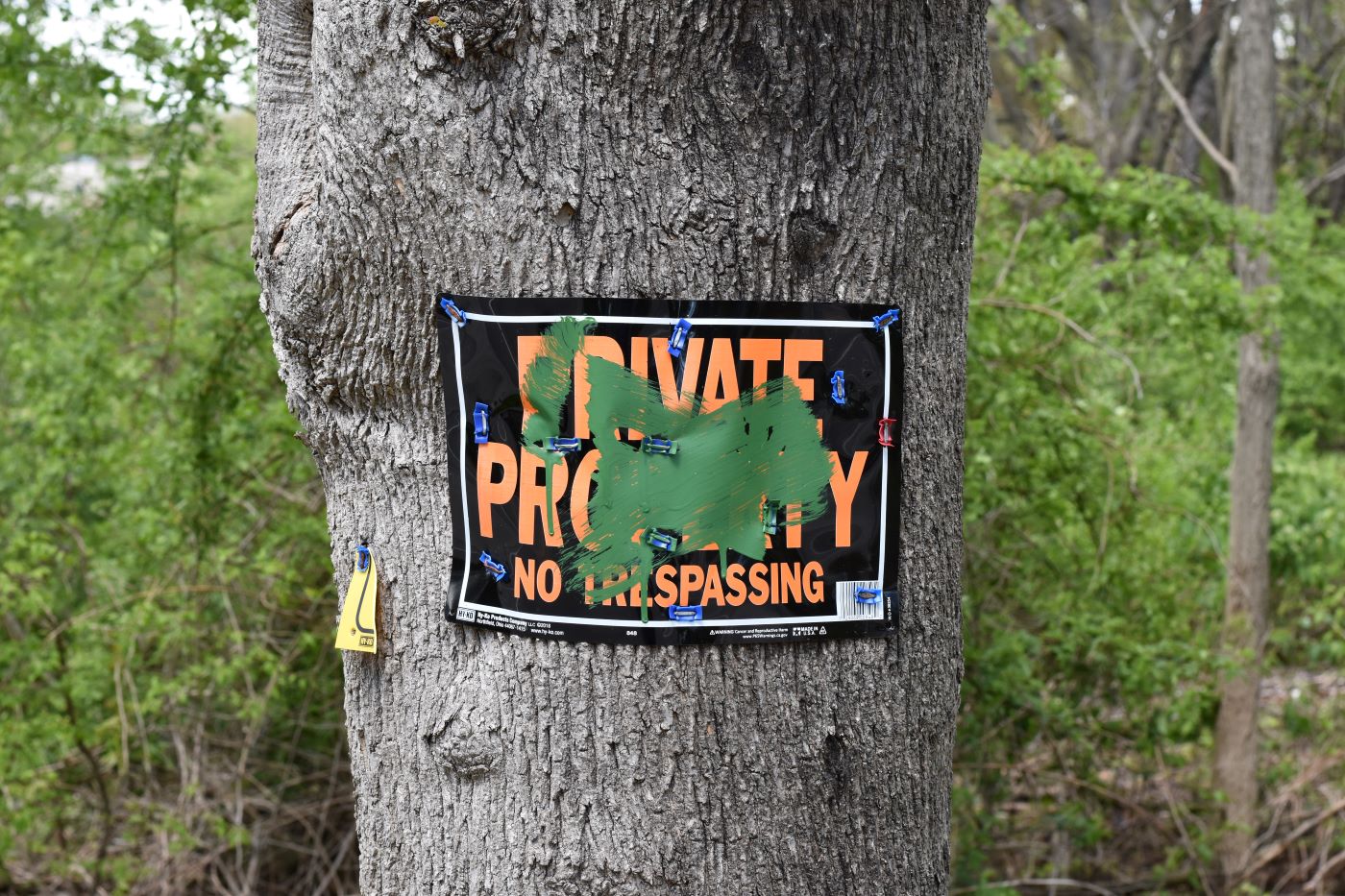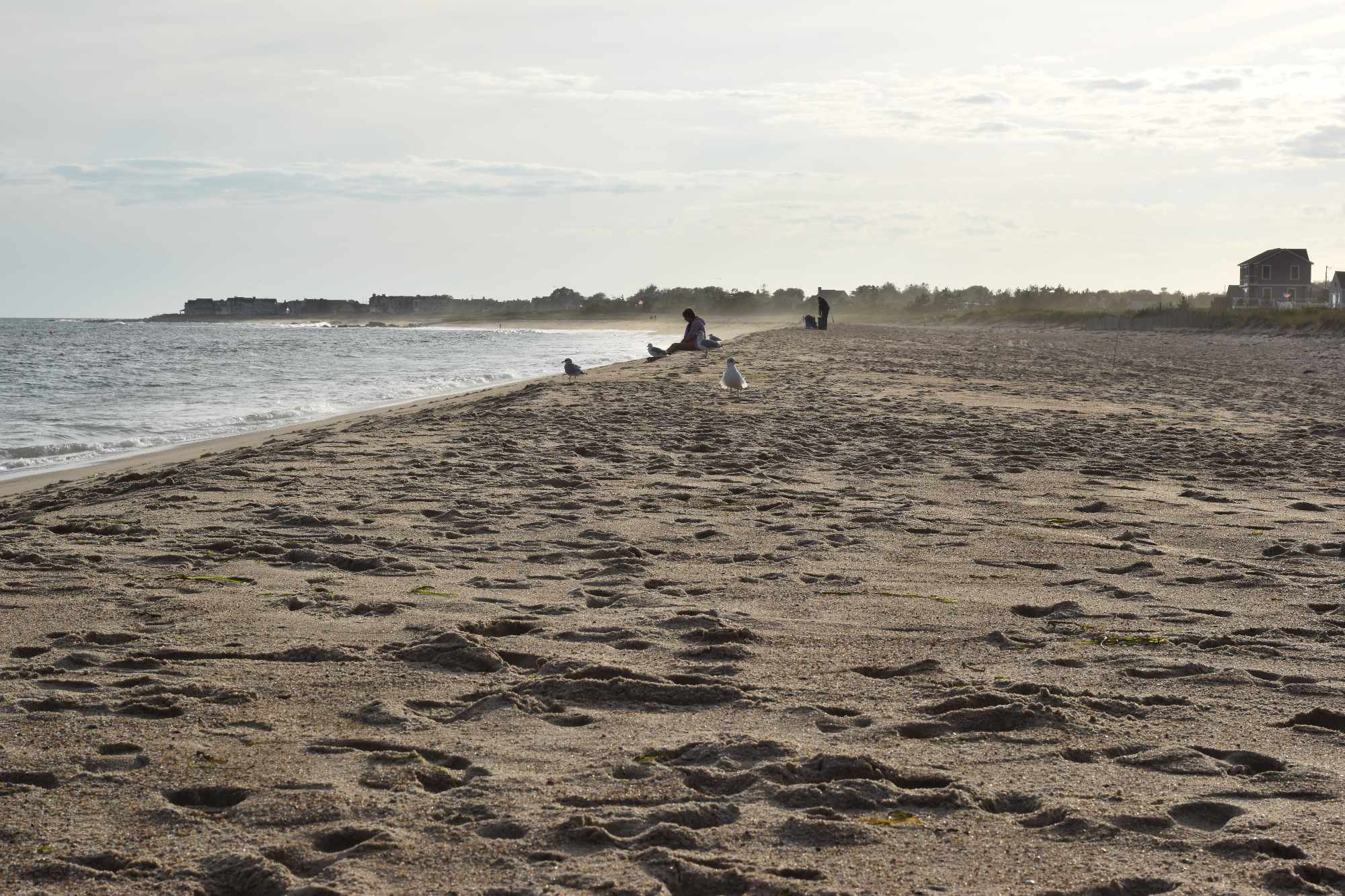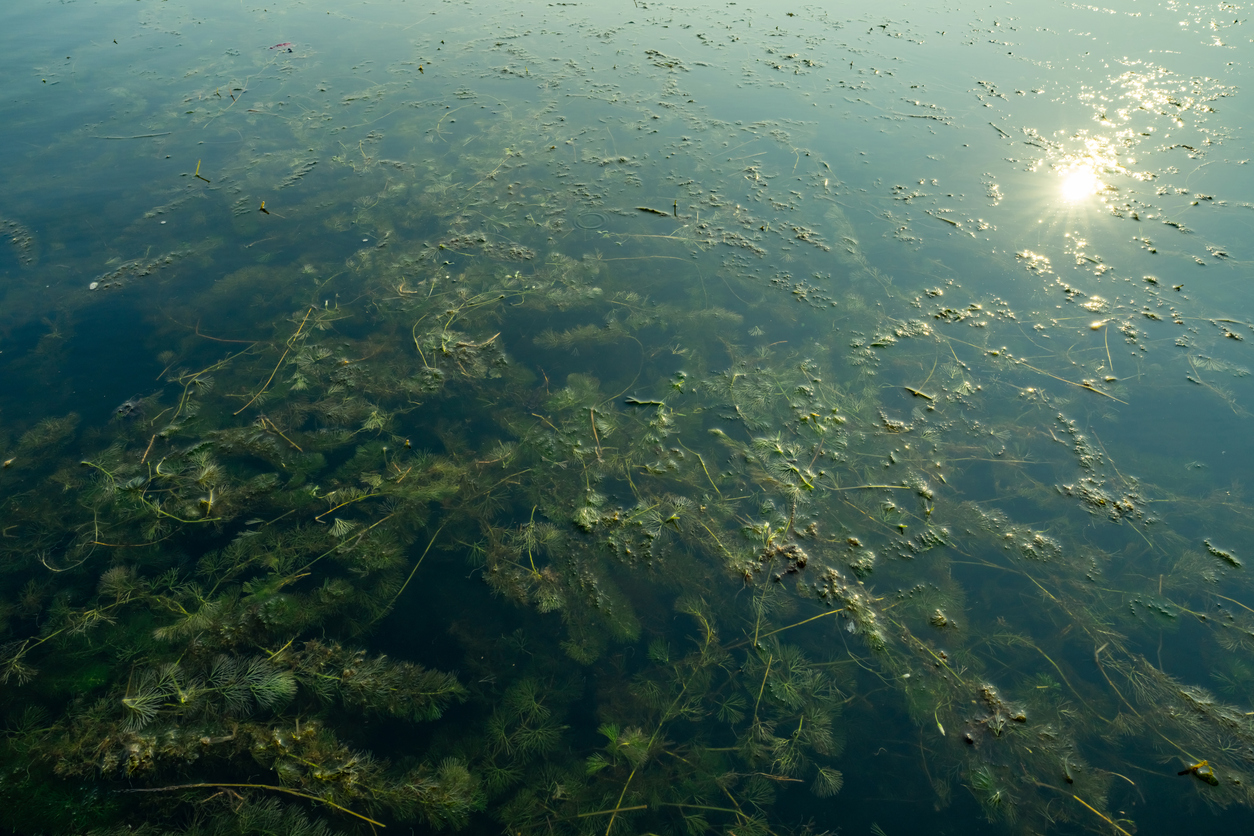Number of Ocean State Beach Closures Highest in Nearly 20 Years
August 21, 2023
PROVIDENCE — There is still a month left of summer, and Rhode Island has already seen the highest number of beach closures in nearly two decades.
According to data from the state Department of Health’s beach monitoring program, freshwater and saltwater beaches around the state have been closed for a combined 284 days since Memorial Day, the highest number of closures recorded since 2006.
Beaches are closed by order of DOH when they test positive for elevated levels of enterococci bacteria; anything higher than the sample standard of 60 colony forming units (CFU) per 100 milliliters of water is closed until the tests produce a clean result again.
The bacteria represent a small but significant health risk to swimmers. Swimming in contaminated water can cause gastroenteritis, an inflammation of the stomach and intestines that can cause symptoms such as vomiting, headaches, and fever. It can also result in ear, eye, and throat infections, and in more serious cases, salmonella.
Historically, especially in Narragansett Bay, beach water contamination was closely tied to rainfall and stormwater runoff. Simply put, if a great amount of rain fell on Rhode Island during the summer it would often lead to beach closures. Stormwater runoff, from roadways, parking lots, and other impervious surfaces, wash contaminated water into the bay and other waterbodies, elevating the level of enterococci.
The situation has improved greatly over the past 15 years, according to DOH, as municipalities around the state, and the Narragansett Bay Commission’s combined sewer overflow abatement program, have improved stormwater management up and down the bay. An increase in rainfall no longer always means an increase in the number of beach closures.
And it shows in this year’s data. Warwick, a city that has long struggled to fully implement sewers in its coastal areas, was issued 14 closure orders by DOH, around a third of all orders issued so far this year. But those closure orders amount to less than 20% of the total closure days throughout the state.
It is the state’s inland, freshwater beaches that are seeing some of the highest number of closure days this summer, according to DOH data. South Kingstown’s Camp Hoffman takes the top prize, closed for a total of 27 days since Memorial Day across two separate closure orders for elevated levels of enterococci.
Foster’s Ginny-B Campground saw the second-highest number of beach closure days, racking up 19 closed days across two separate closure orders.
(Technically, Georgiaville Pond Beach in Smithfield has the greatest number of beach closure days at 41, but it’s just not for enterococci concentrations. The DOH dashboard lists the beach as closed as of July 12 because of cyanobacteria blooms, which will likely keep it closed for the rest of the year.)
No matter the location of the waterway, the culprit in Rhode Island stays the same. Jane Sawyer, an environmental scientist working in the state Department of Environmental Management’s Division of Water Resources, said that runoff is an issue in every city and town in Rhode Island.
“In a sustained downpour, everything that’s on a hard surface, including waste and associated bacteria, gets swept up, carried away, and emptied into local streams, ponds, rivers, Narragansett Bay, and ultimately the ocean,” Sawyer said.
The temperatures may have been relatively mild in Rhode Island this summer, but it sure has been wet. According to the National Weather Service, by mid-August, Rhode Island had recorded 12.5 inches of precipitation since June 1, 4 inches higher than the normal level expected.
Climate change’s impact on the state’s rainfall patterns is expected to have an affect on stormwater runoff, according to Sawyer.
“With the more frequent and more intense thunderstorms we’re experiencing, the volume of water overwhelms the drainage systems and can move pollution to Rhode Island waterways,” she said.
And the state’s freshwater ponds may feel the brunt of climate change. Saltwater beaches have the advantage of being on or near the open ocean, where waves, winds, and currents can quickly flush out any pollutants. Freshwater ponds, lacking those advantages, take far longer to flush out bacteria.
DEM said it is progressively addressing bacteria sources throughout the state by improving stormwater management and enforcing the cesspool phaseout. The agency said it has also hired a scientist to work on lake management and assist entities with water quality improvements and habitat conditions.
The state is also getting an extra shot in the arm this year. Earlier this month, the Environmental Protection Agency announced it was awarding Rhode Island $228,000 in grants to support water quality monitoring and public notification programs at local beaches.




Is anyone monitoring the wastewater treatment plant in warwick and other coastal areas? I was told by someone who used to fish out there that during heavy rains he saw that they simply opened up the gates and allowed untreated sewage into the bay. I can not verify this.